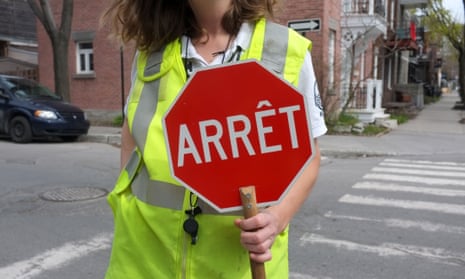Nom: Circumflex, or in French, circonflexe.
Quel âge a-t-il? Oh, it goes back thousands of years, to ancient Greece.
Apparence: Like a lovely little sunhat. It’s a diacritic that sits on top of letters in many modern languages, although most famously in French.
Et les Français? Pourquoi do they it use? Oh, it’s just part of how they write some words, to denote a vanished letter, usually an “s”.
Pourquoi need-they un diacritique special pour telling tout le monde que il y a un “s” disparu? Well, occasionally it helps distinguish between different words, such as cote (meaning level) and côte (meaning coast), but most of the time it just hangs around on words such as être, looking cool, but not really doing much.
Un peu comme les Français eux-selves? You might say that about our dear neighbours and allies. I couldn’t possibly comment. Although, as it happens, the Académie Française agrees with you, at least about the circumflex.
L’académie Française! Les world-famous ultra-fogeys qui détestent le franglais? I’m not sure they would agree with the description, but, yes, them. They have issued a list of approved alternatives to some written French words, which have removed a lot of hyphens and the circumflex on such words as coût and paraître.
Mon dieu! Yes, that’s how France has reacted.
When ont-ils issued ces alternatives? Well, that’s the thing. In 1990.
Vingt-six years ago? Yes.
So pourquoi le brouhaha now? It seems that French publishers are as speedy as French bureaucrats, because they only updated the school textbooks this year. That was duly noticed by the TV station TF1, then social media got involved ... then student groups and politicians ...
Mais, changing la langue française! C’est un big deal, n’est-ce pas? Not very big in this case. Remember, these are only approved alternatives. Where the circumflex on an “i” or “u” has no effect on meaning, it is no longer obligatory, but no one will be marked wrong for continuing to use it.
So les Français ont overreacté to un very petit adjustment à leur way of life? That’s right.
Typique! Yes. No one ever overreacts to things over here.
Dire: “How could they ban a harmless little hat?”
Ne pas dire: “Well, they banned the veil.”

Comments (…)
Sign in or create your Guardian account to join the discussion